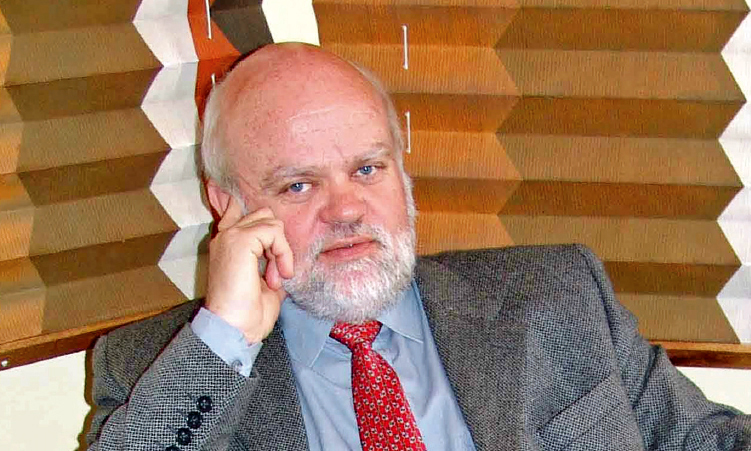There were earlier warnings, but when it finally arrived on 23 February, the greylisting by the Financial Action Task Force (FATF) was a serious wake-up call for Namibia’s public and private sectors.
Greylisting exposes a country’s shortcomings in the enforcement of anti-money laundering regulations and deficiencies in applying counterterrorism financing controls.
The FATF is a global watchdog comprising 40 member countries and two regional organisations that was established to combat money laundering and terrorist financing.
It aims to combat such illegal activities and eliminate the harm they cause society.
The European Commission and the Gulf Cooperation Council are the regional organisations and member countries include some of Namibia’s major trading and investment partners.
Namibia must adhere to an action plan that involves political commitment and regulatory changes to avoid the FATF greylist.
Obviously, Namibia is in a rush to get off that list, which could take between one and three years, as it does undermine the country’s investment prospects.
Banks and other financial service providers are hard at work to know their customers better, frequently seeking information on sources of money inflows and external payments, among other new system controls.
Another system control flagged by the FATF needing improvement is knowing who the beneficial owners of a business are.
Executing this task rests with the Business and Intellectual Property Authority (Bipa).
As a newly established public entity, Bipa took over the business-registry and compliance-monitoring function that was previously a department of the Ministry of Industrialisation and Trade.
Bipa is quoted in a recent media report as saying that 165 000 businesses face deregistration as they have not made a beneficial ownership declaration within the time frame set by the public entity.
It will not only be detrimental to these enterprises, but also to Namibia’s economy.
Forced deregistration will be followed by closure and this will have a domino effect, including lost jobs and income and reduced tax collection.
When setting a closing date for lodging a beneficial ownership declaration, Bipa also prominently highlighted the penalty that would result from the failure to do so.
Bipa’s short period of time has caught enterprises, particularly smaller firms operating in outlying villages and settlements, on the back foot and the threat of a massive penalty has caused panic.
We and other organisations have helped scores of entrepreneurs to complete beneficial ownership declarations.
As this new beneficial ownership obligation was running concurrently with the annual duty payment penalty waiver programme of Bipa, it has increased the pressure.
Bipa, in a press release issued on 29 June, acknowledges the importance of understanding the needs of businesses and of consultation with stakeholders.
It is a pity this did not dawn on Bipa sooner.
Surprising too as there is ample evidence to show the positive impact of public-private smart partnerships when it comes to achieving targeted results.
Business sector representative bodies and other entities who routinely work with Namibia’s entrepreneurs, owners and management of enterprises are indeed crucial stakeholders and now anticipate an opportunity for collaboration with Bipa.
Smart partnerships yield results and the entire nation is anxious for Namibia to be removed from the FATF greylist.
- Danny Meyer is reachable at danny@smecompete.com
Stay informed with The Namibian – your source for credible journalism. Get in-depth reporting and opinions for
only N$85 a month. Invest in journalism, invest in democracy –
Subscribe Now!







